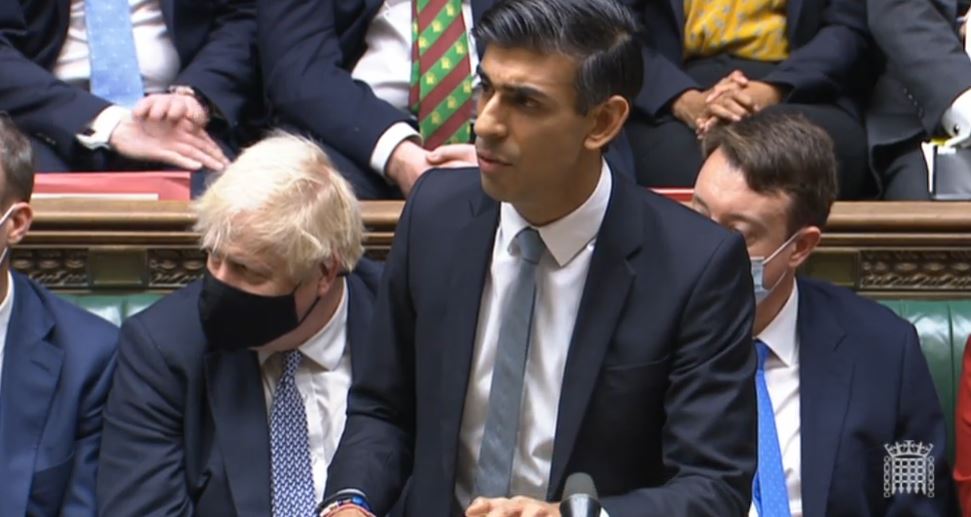I have been fortunate in my life and career. At university I got a grant. It was in the days before student loans. When I bought my first home, the mortgage was subsidised by the government under the MIRAS scheme, long since abolished.
In the world of work, longevity smiled and comfort was taken that a final salary pension beckons in retirement. I am the last of the baby-boom generation for whom cradle-to-grave help from the public purse has been at the centre of a comfortable existence.
I am appalled, therefore, at the way in which people now simply seem to accept that they are powerless to affect change. Tuition may be free in Scotland, but students still leave with large debts, something which the SNP once promised to wipe clean and haven’t.
Young people have little access to social housing, pay exorbitant private sector rents, have to rely on parents to get on the housing ladder and enter a world of work defined by a lack of stability and static salaries.
If career progression happens, childcare costs will drain the coffers as families eke out an existence. There will be no prospect of ever retiring early, since adequate workplace pensions were given the last rites well over a decade ago.
And the state pension? The age for eligibility will rise and it is likely to remain one of the poorest in Europe with the prospect of a binning of the triple lock about to undo the progress of recent years.
Faced with such adversity, the mood of the current generation appears to be one of cowed acceptance, rooted in a belief that nothing can change. So much for the politics of protest.
 iStock
iStockAnd yet, I feel that something might just be stirring, something that could have profound consequences for Boris Johnson. It lies in the cost-of-living crisis, which is about to go from the theoretical to the real in a matter of weeks.
This crisis will be defined by millions of households in fuel poverty. It will be defined by an explosion in the use of food banks and it will be defined by a country where Theresa May’s ‘just about managing’ join the ranks of the new poor.
For the first time, responsible citizens will be in debt to energy companies, to financial institutions too as interest rate hikes bite and the weekly shopping bill balloons in a world of double-digit UK inflation.
What is coming is not a squeeze in living standards, but a brutal cut and one which will lead to worry and panic and, above all, anger. Anger that no matter how responsibly families manage their finances, there is some external force ready to drain them further.
The second half of the year could be the time when the patience of the responsible finally snaps, when those disengaged from economics and politics finally determine, enough is enough.
Watching the Chancellor on television yesterday, I got the distinct impression that he will be ready with more essentially cosmetic solutions to the current predicament when he addresses MPs on Wednesday.
 Parliament TV
Parliament TVHis speech updating the Commons on the state of the nation’s finances will be long on headline grabbing measures. I suspect when you analyse them, it will speak loudly to helping households, but when the hard cash help is calculated, it will no more than ameliorate in a manner that is too little and too late.
Faced with a financial onslaught, I think the age of protest is about to make a return, if only because there is nothing else left for people to do.
The last time the politics of frenzied agitation had a government in a spin was over the poll tax back in the late 1980s. The attempted introduction led to mass protests and rioting and as a Prime Minister redefined the notion of pig-headedness, Margaret Thatcher paid with her job.
Boris Johnson has a knack of misjudging the public mood. In politics, it is getting ahead of the mood that counts with measures designed to quell dissent. The sense I get is that Johnson and Sunak have a mountain of sticking plasters to dish out when only surgery will stem the haemorrhaging.
Follow STV News on WhatsApp
Scan the QR code on your mobile device for all the latest news from around the country


 iStock
iStock

























